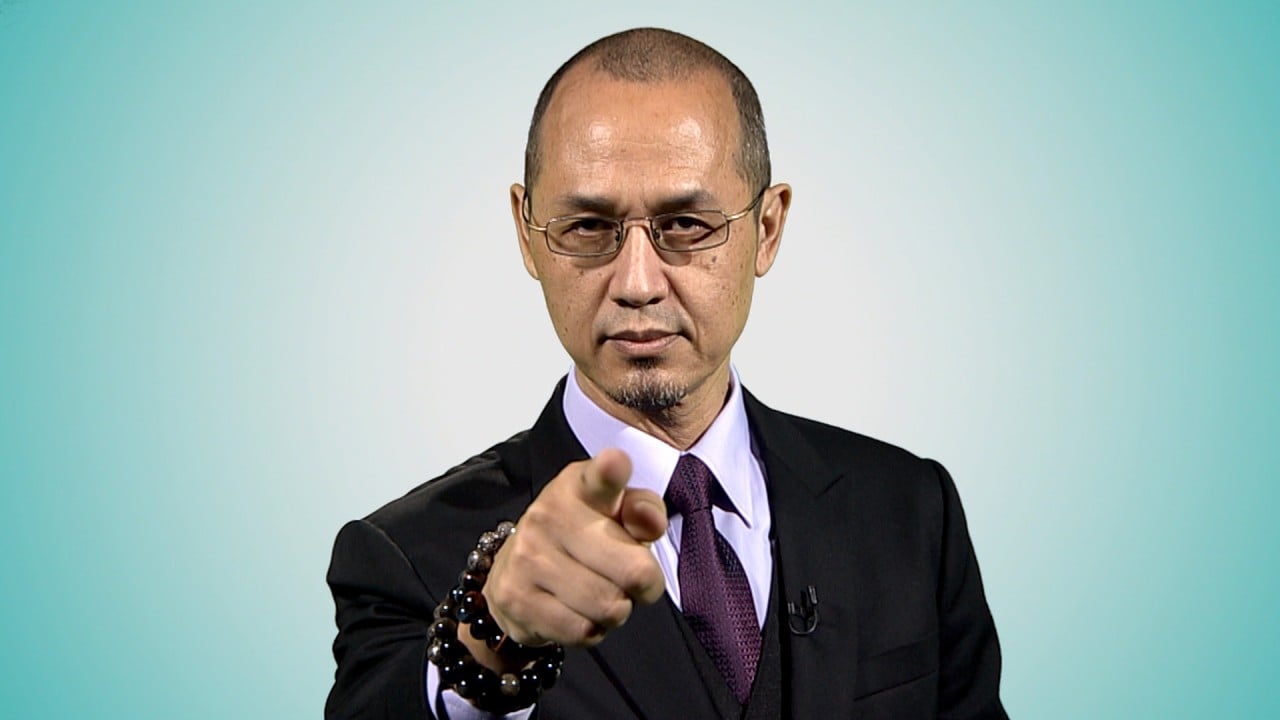
Last surviving Nuremberg WWII prosecutor, Benjamin Ferencz, dies at 103
- In his 20s, Ferencz prosecuted German officials for crimes against humanity and war crimes committed during Adolf Hitler’s murderous Nazi regime
- Ferencz moved to US to escape antisemitism; he would later push for creation of international court which could prosecute government leaders for war crimes
Benjamin Ferencz, a chief prosecutor at the Nuremberg trials in Germany that held Nazi criminals accountable after World War II, has died at the age of 103.
Ferencz prosecuted German officials on charges of crimes against humanity and war crimes. Among them were four commanders of SS task forces who killed defenceless women, men and children practically every day in the conquered eastern territories.
Ferencz was the last living prosecutor of the trials, according to the US Holocaust Museum, which called him “a leader in the quest for justice for victims of genocide and related crimes”.
He died on Friday in a care home in Florida, US media reported on Saturday, citing his son Don Ferencz.
Ferencz was born in 1920 in Transylvania to Orthodox Jews and emigrated to the US with his parents as a very young boy to escape rampant antisemitism. He grew up in modest circumstances in New York and later studied at Harvard Law School.
He joined the US army in time to take part in the Normandy invasion during World War II. Using his legal background, he became an investigator of Nazi war crimes against US soldiers as part of a new War Crimes Section of the Judge Advocate’s Office.
When US intelligence reports described soldiers encountering large groups of starving people in Nazi camps watched over by SS guards, Ferencz followed up with visits.
He found bodies “piled up like cordwood” and “helpless skeletons with diarrhoea, dysentery, typhus, TB, pneumonia and other ailments, retching in their louse ridden bunks or on the ground with only their pathetic eyes pleading for help”, Ferencz wrote in an account of his life.
“The Buchenwald concentration camp was a charnel house of indescribable horrors,” he said. “There is no doubt that I was indelibly traumatised by my experiences as a war crimes investigator of Nazi extermination centres. I still try not to talk or think about the details.”
At one point toward the end of the war, Ferencz was sent to Adolf Hitler’s mountain retreat in the Bavarian Alps to search for incriminating documents but came back empty-handed.
After the war, Ferencz was honourably discharged from the army and returned to New York to begin practising law. But that was short-lived. Because of his experiences as a war crimes investigator, he was recruited to help prosecute Nazi war criminals at the Nuremberg trials.

At the age of 27, with no previous trial experience, Ferencz became chief prosecutor for a 1947 case in which 22 former commanders were charged with murdering over 1 million Jews, Romani and other enemies of the Third Reich in Eastern Europe.
Rather than depending on witnesses, Ferencz mostly relied on official German documents to make his case. All the defendants were convicted, and more than a dozen were sentenced to death by hanging even though Ferencz had not asked for the death penalty.
“At the beginning of April 1948, when the long legal judgment was read, I felt vindicated,” he wrote. “Our pleas to protect humanity by the rule of law had been upheld.”
Hitler’s deputy Rudolf Hess and Hermann Göring, the head of the German air force, were among those put on trial at Nuremberg.
From 1946 to 1949, the main trial was followed by the so-called Subsequent Nuremberg Trials. There were 12 such trials, of which Ferencz was chief prosecutor in one that focused on roving Nazi death squads known as Einsatzgruppen.

The trial resulted in 20 Nazi officials guilty of war crimes, crimes against humanity, and membership in a criminal organisation for their roles in the murder of over a million people. Two others were convicted on lesser charges.
Later, Ferencz worked for Jewish charitable groups helping Holocaust survivors regain properties, homes, businesses, art and Jewish religious items that had been confiscated by the Nazis. He also assisted in negotiations that would lead to compensation for victims.
Ferencz went on to champion the creation of an international court which could prosecute any government’s leaders for war crimes. Those dreams were realised in 2002 with the establishment of the International Criminal Court in The Hague, although its effectiveness has been limited by the failure of countries like the United States to participate.
Ferencz is survived by a son and three daughters. His wife died in 2019.
Additional reporting by Associated Press


